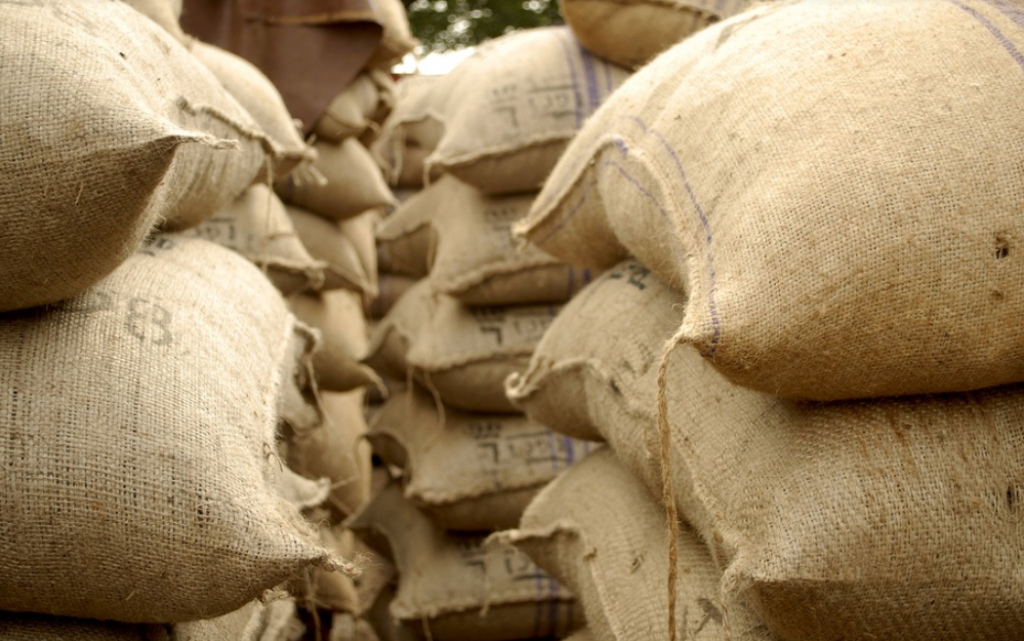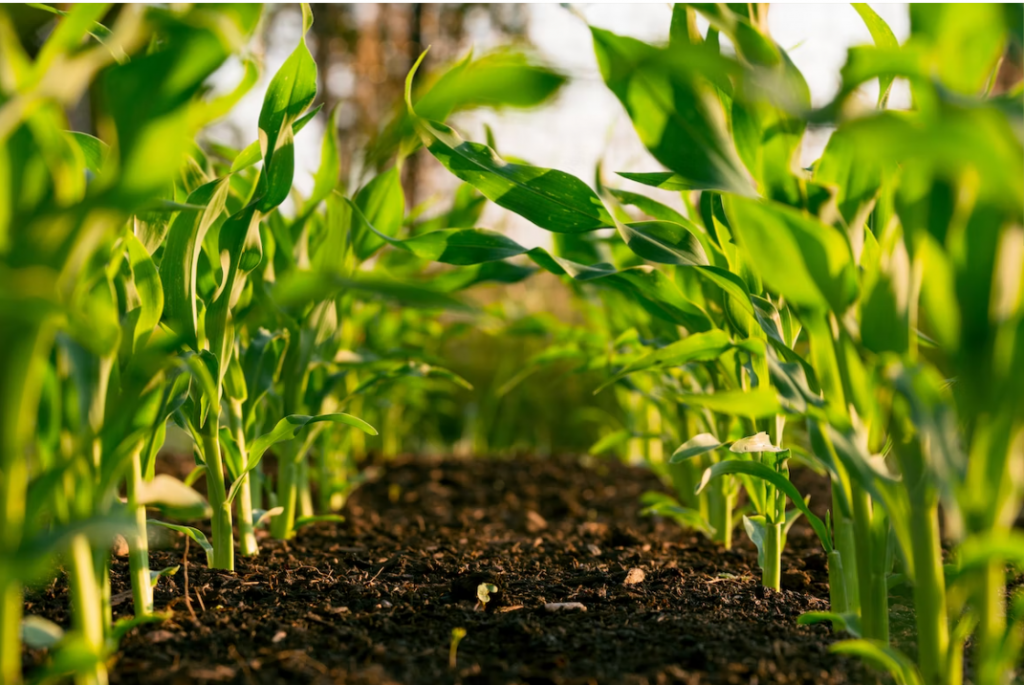
Though climate change is well documented in global, national, and regional scales, the understanding of how on local scales adaptation are carried out is not very well understood as climate change impact is said to differ from micro-ecology to another.
This is what the smallholder farmers grapple with daily to sustain their livelihoods mostly in the developing world such as Ghana. Although, they are to bear most of the blunt of climate change impacts due to low capacity to adapt, they have been adapting using their experiences based on their traditional knowledge of their ecology and developed techniques. However, with the rate of change of impact of climate change, smallholder farmers in addition to their local technique require scientific technologies to be able to enhance the resilience within local systems.
Through climate change literature, there is the need of co-production of knowledge using both scientific and traditional sources to improve adaptation capacity of smallholder farming system and thus requiring policy mainstreaming of traditional techniques of locals in agro ecologies.
Smallholder farmers constitute about 82% today in the world’s food production while majority from developing world still use traditional techniques in adapting to climate variations. However, these techniques are mostly practiced and hand down verbally from generation to generation with most not documented properly resulting in loss of knowledge and culture at time. The study therefore seeks to document the traditional techniques used in the study zone by the smallholder farmers in adapting to climate change impacts.

Traditional techniques used by smallholding farmers in 2 agroecological zones in Northern Ghana:
Upon observing changes in weather patterns over decade in forms of delaying onset of rains, shortened rainfall pattern, increased in temperature and longer drought period. The farmers through they experience adopted changing land preparation and crop management practices to adapt to the changing weather patterns.
Traditionally, they have been predicting weather changes using animals, plants and natural weather as indicators for farming decision making when to start land preparation, when to start sowing and what to sow. They are also practicing mixed (multi) cropping system to ensure there is no total loss in case of adverse weather during the farming season.
They use ‘Bunding’ among others to ensure deep water percolation for crop use during the land preparation and many other adaptation techniques. Their knowledge of the ecology is second to none seeing that they have been adapting for over decades in memorial and since climate change become world issue.
Exploring Mainstreaming of Traditional Knowledge into Policy:
Mainstreaming traditional knowledge undoubtedly will improve adaptive capacity of local systems but how the integration is down is of utmost importance if it is to achieve its goals.
Since climate impact differs from ecology to ecology, the best mainstreaming options is from the bottom-up approach through participatory methodology where local authorities build trust for traditional experts to share their traditional knowledge. Thus, profiling and integrating traditional techniques based on use by smallholder farmers, has the potential to enhance local system resilience in ways that ensure shared techniques with other people and the introduction of new techniques in the local system.

Also, smallholder farmers adoption of science-based techniques/technologies will be improved since policy strategies will be formulated based on felt needs of the community.
Co-production of knowledge based on science and traditional knowledge for Mainstreaming, therefore, STANDS OUT in the combat of climate change impacts since scientific solutions alone which one size fit all do not work.
This paper is a part of research project that seeks to explore the mainstreaming of traditional knowledge used by smallholder farmers in adapting to climate variation in their agro ecology into agriculture policy by identifying and documenting traditional farming techniques used through their years of experience.


